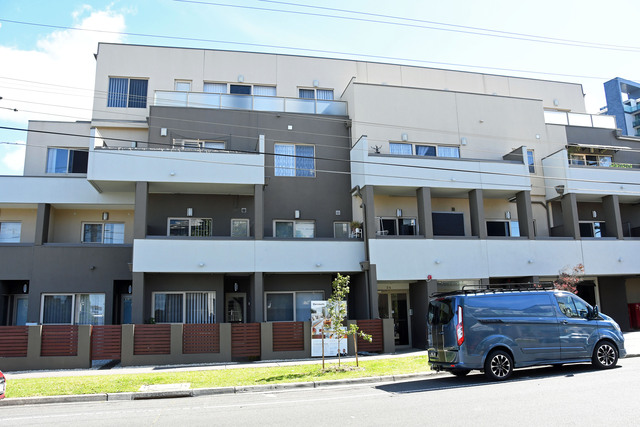UNLESS my memory is failing, I am sure that banks always followed the ups and the downs of the Reserve Bank movements, until the first interest change happened after Mr Rudd won office.
It is a very new gameplan for banks to call the shots like that.
It is only four years old, in fact.
Now they might not pass on a full cut.
And worse, they might lift their rates by more than the Reserve Bank when they go up!
Why did it change? What happened in late 2007 to change the way it had worked until then?
And being as old as I am, I can still remember when the Reserve Bank was given the power to set the interest rates.
It used to be in the hands of the government of the day.
It was like that for most of our history and then suddenly it became “absolutely necessary” for politicians to no longer have that power, but to hand it over to the unelected leaders of the Reserve Bank.
I remember (and we still hear) the argument that governments might use interest rates as a vote buying ploy in election years, lower the rates and make everyone happier to win votes.
But it might not be good for the economy. If it was bad, they would have to come back later and raise them again.
Sure, I have heard it all before. Of course, governments did that! Just like they give tax cuts before elections sometimes. Interest rates could be and were used that way. Big deal!
Think about it – no-one to my knowledge says that Treasury should determine tax rates in the community – for the sake of the economy – they should be allowed to go up or down one month to the next… to give the economy more flexibility!
If the all-important economy is the god some make it, then why does the government control tax rates? After all, tax rates also impact spending and savings.
I disagree with the Reserve Bank setting the rates but if that must be the case then I disagree even more that there is no legislation to make the other banks follow exactly the rate when it goes down, and not allowing any more than the rate, when it goes up.
Here are my suggestions for a better system:
1) Banks that do not lower the amount by the full amount, should not be allowed to raise them the next time they go up, by the full amount either. They should not be permitted to have it both ways.
2) If the banks don’t come back to a fair and even playing field then I recommend that the government change the parameters of the Reserve Bank and expand its operations so that it can lend individual citizens of Australia, loans. (Our government once owned the Commonwealth Bank – but they sold that off! What a pity! It could have been useful for some real competition!)
3) Finally, I recommend that the government legislate to make these things so! How simple. I am surprised no one thought of this already. It is a simple solution. After all, governments are elected by the people for the people. They can legislate and make the rules. Or do privately owned banks really run the show?
Jim ReiherEumemmerring
Banking on a change
Digital Editions
-

Man arrested after alleged stabbing at Keysborough College
Keysborough Secondary College’s Acacia Campus was forced into shutdown after a man was allegedly assaulted at the school. Police swarmed the school following reports of…





